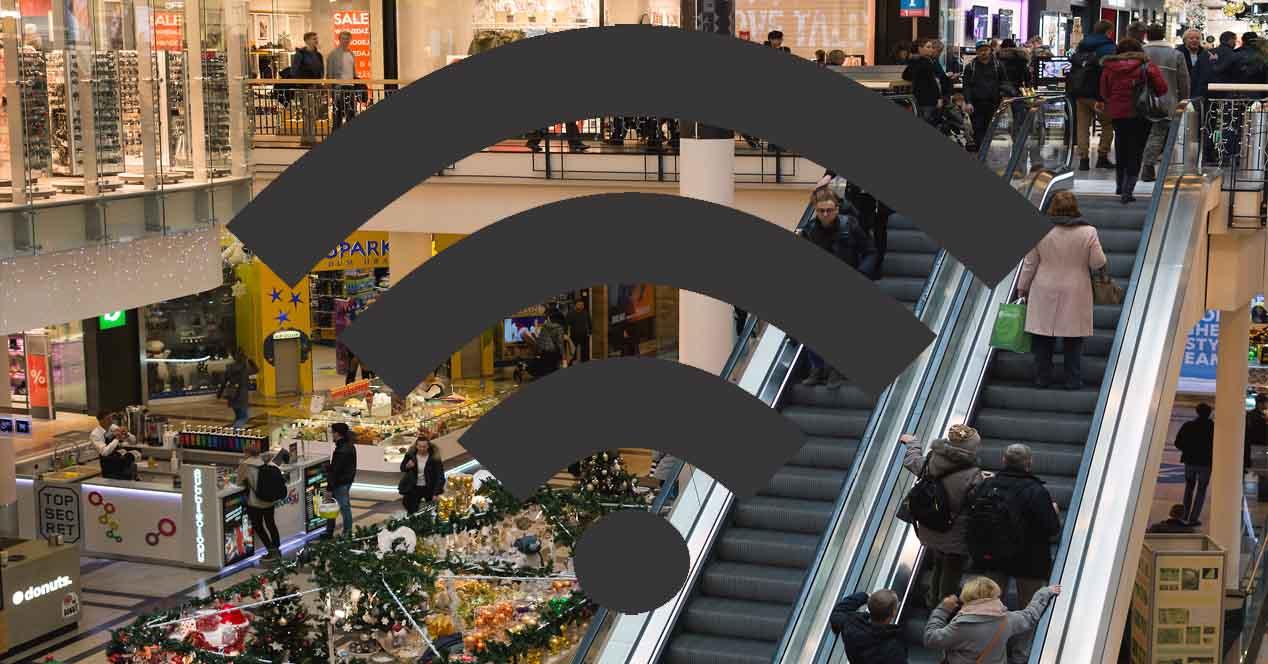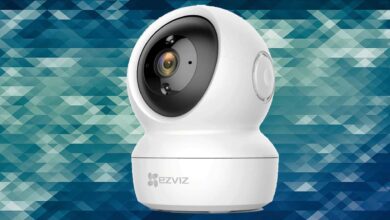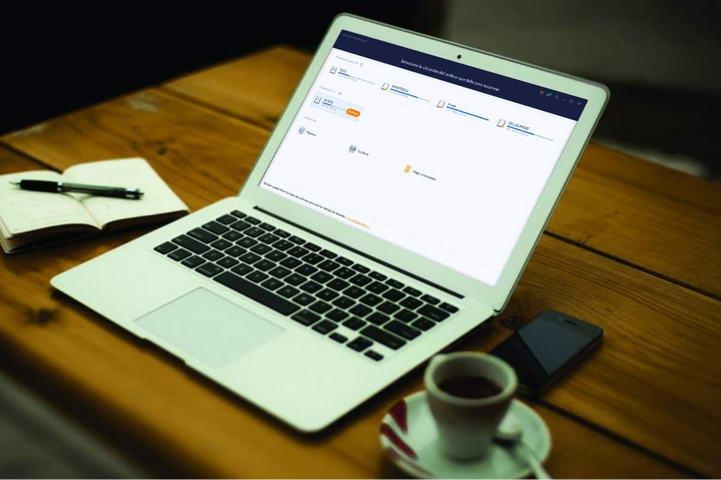
When connecting to a public network we can have security and privacy problems. This happens if, for example, we connect to a Wi-Fi in an airport or shopping center. In this article we will explain why it is interesting use DNS filtering when we navigate through networks of this type. We are going to explain what they are for and how they can protect us in these circumstances.
DNS filtering for browsing public networks
A public network It can be attacked to steal data from those who connect, control the pages we visit or intercept everything we send and receive, such as passwords. By connecting to a public Wi-Fi we don’t really know who may be behind it. This means that we must take precautions and that is where DNS filtering also comes into play.
What DNS filtering does is block connections to malicious links. This will prevent applications from accessing those dangerous links and downloading malware or becoming victims of an attack. What it does is block access to websites and IP addresses that it deems unsafe.
This does not mean that by having DNS filtering we will be 100% protected, far from it, but it can be one more complement to prevent the entry of malware that can compromise systems and serve as a gateway for attackers.
But why especially when browsing public networks? This is exactly where hackers can try to get users into pages created to steal passwords. For example, they could create a social media login website like Facebook, which is actually a scam. We can avoid this with DNS filtering.
Hackers could directly attack DNS. They could modify them to take us to websites that have themselves been created solely to steal data or compromise our systems.
Avoid very varied attacks
The attacks it can avoid are very diverse. Among them, a very common one is the phishing. It is what we mentioned about Facebook. They can create a fake web page for any platform. For example, a site that pretends to be the page to log in to the mail, Twitter, a bank account, etc. The range of possibilities is very wide.
The victim, once he has entered that link, logs in but his data ends up on a server controlled by the attackers. This is how they could steal passwords and seriously affect security.
It can also prevent the entry of threats as dangerous as the ransomware. An attacker could sneak a malicious file so that, once we enter an address, it is downloaded automatically. In this way it could encrypt the files and systems and, later, ask for a ransom in return. This is how ransomware works.
In short, if you want to navigate with greater security through public networks, you can take into account the possibility of using DNS filtering. However, there are other tools that are also very useful, such as using a VPN, having a good antivirus or always having everything correctly updated to correct any vulnerability that appears.



